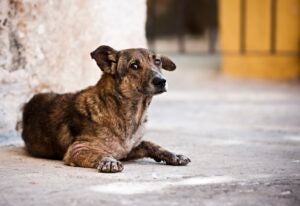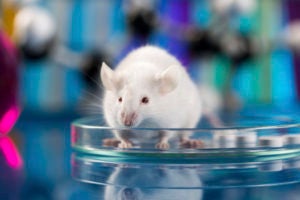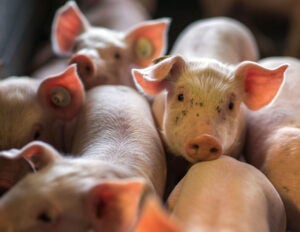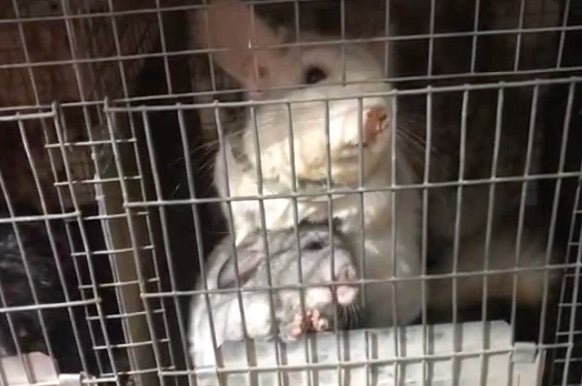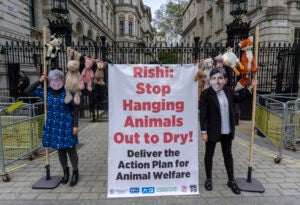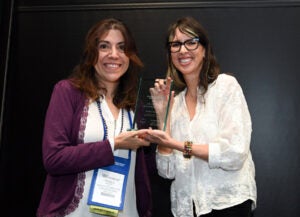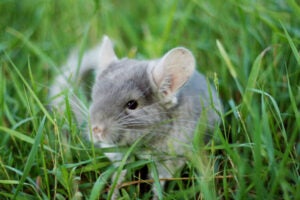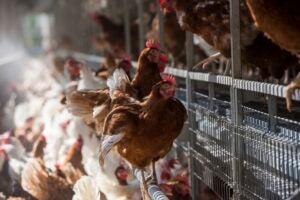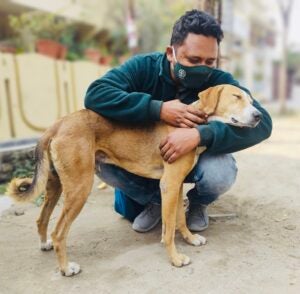
DEHRADUN, India—Today, leading animal protection charity Humane Society International/India celebrates the fifth anniversary of its humane street dog management program across Uttarakhand state at a special event celebrating the contributions by volunteers and community members. HSI/India and Uttarakhand Animal Welfare have worked together since 2018 to spay, neuter and administer rabies vaccinations to an estimated 46,000 street dogs within the last five years.
Efficient, high-volume and high-quality humane dog management practices play a critical role in alleviating the plight of street dogs, minimizing dog bites and mitigating conflicts between humans and dogs. HSI/India’s specially-developed smartphone app, its science-driven approach and commitment to continuous innovation have been crucial factors in the program’s success.
During the event, HSI/India delivered awards to volunteers and community members in recognition of their unwavering dedication and significant contribution to street dog welfare. Through various HSI/India activities such as public awareness events, dog behaviour training and animal first-aid workshops, the active participation of the community and volunteers has played a pivotal role in fostering harmonious coexistence between street dogs and people in Uttarakhand and has helped increase the number of humane dog surgeries.
Mayor Sunil Uniyal presided over the event as chief guest while officers from the Dehradun Nagar Nigam, Uttarakhand Animal Welfare Board, volunteers, community members and local residents also attended.
“At HSI/India, the health and welfare of the dogs is our top priority. With our advanced and carefully monitored medical and surgical protocols, we have successfully sterilized over 46,000 dogs in Uttarakhand. This has helped reduce the number of puppies born on the streets, many of whom otherwise die early or suffer greatly because of lack of adequate veterinary care,“ says Dr. Piyush Patel, Senior Program Manager, Dog Management, HSI/India. “A healthier and more stable dog population also means healthier and more peaceful communities. So by looking after the dog population, we are also looking out for the communities with whom these dogs live. After achieving great success in these cities, we are looking forward to expanding in new towns of Uttarakhand state.”.
“The welfare of street dogs depends not only on what they eat but also on whether they are spayed, neutered and vaccinated,” says Namrata Upadhyay, an HSI/India volunteer since 2018. “Since HSI/India started working in Dehradun, we have seen a difference in people’s perspectives and attitudes towards street dogs. Conflicts between dogs and citizens have been reduced. For volunteers like me, the dog behaviour workshops and their other community engagement activities and trainings have helped us work better for street dog welfare.” she adds.
The program in Uttarakhand is part of HSI/India’s wider dog management program which provides an integrated and humane solution to India’s street dog population challenge. HSI/India hopes to apply the lessons taken from Uttarakhand to better manage street dog populations in other Indian states.


